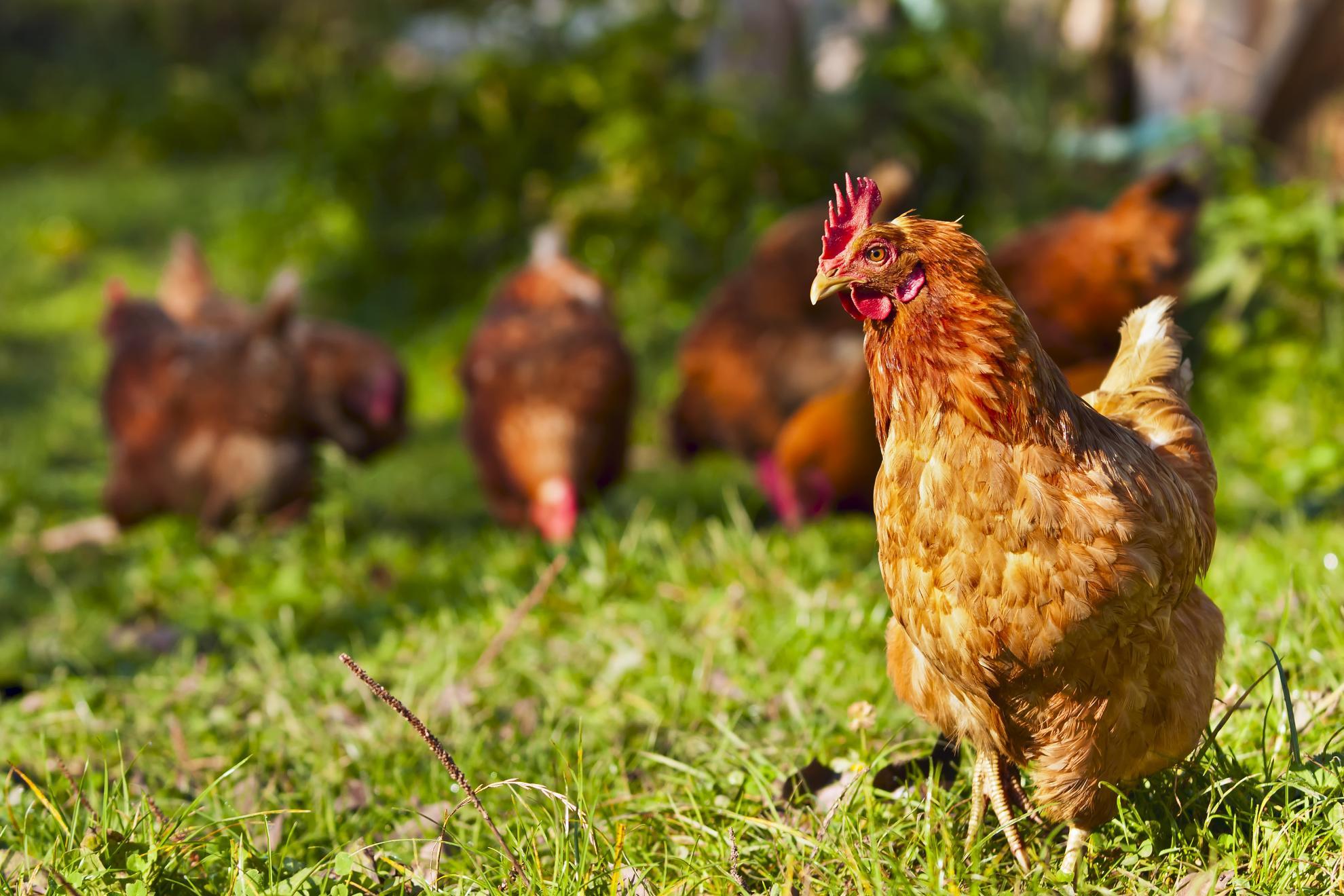Newly discovered components of the chicken innate immune system suggest poultry may be better equipped to fight viruses than scientists previously thought.
Researchers from The Pirbright Institute investigating chicken immunology, have discovered a previously unknown interferon (antiviral molecule), which they identified as IFN Kappa (IFN-K). The chicken’s innate immune system is generally not well understood and Pirbright scientists have now used this new component to understand its particular function in helping chickens combat viruses.
This type of interferon has previously only been known in a few species including humans, bats and mice. In order to better understand its significance in poultry, scientists undertook a parallel comparison between the chicken genome and the human genome to explore how IFN-K worked and what specific viruses it might protect chickens from.
The two viruses selected to test IFN-K were Newcastle disease virus (NDV) and avian influenza H9N2, known to be zoonotic (capacity to spread from animals to humans). These viruses were selected as they are currently causing the greatest economic losses globally.
Pirbright researchers created genetically modified (GM) chicken embryos, which contained a boosted IFN-K molecule and tested it using the two poultry viruses. The results, published in Nature Scientific Reports showed the embryos were better protected and indicated that a chicken with enhanced IFN-K would provide it with innate protection against NDV, the H9N2 strain of avian flu - and potentially many more viruses.
Of further interest was the discovery that IFN-K particularly expressed (featured) in chicken skin. This suggests its potential role in combatting poultry viruses that can infect a chicken’s skin, the most important of these being Marek’s disease - another devastating poultry disease.
Dr Muhammad Munir, an expert in infection and innate immunity who led the study, said: “Chickens fight viruses differently to humans and the mechanisms of this process are not well understood. Interferons were first discovered in chickens back in 1957 but 60 years later the full repertoire of interferons in poultry is still not yet fully explored.
“The discovery of IFN-K and the information we have been able to gain about its properties and the protection it gives, could offer chickens extra defence against some important diseases. What is especially interesting is that chickens may already possess the key to conquering some of the most dangerous diseases that affect them. Using genetic modification technology we can boost their innate ability to fight disease – potentially protecting people too.
“This study highlights how much more there is to learn from the chicken immune system and could be the first important step towards a major breakthrough in the battle against poultry and human disease.”
This study was supported by the Biotechnology and Biological Sciences Research Council (BBSRC) (grant numbers BB/M008681/1 and BBS/E/I/00001852) and The British Council (grant number 172710323).
